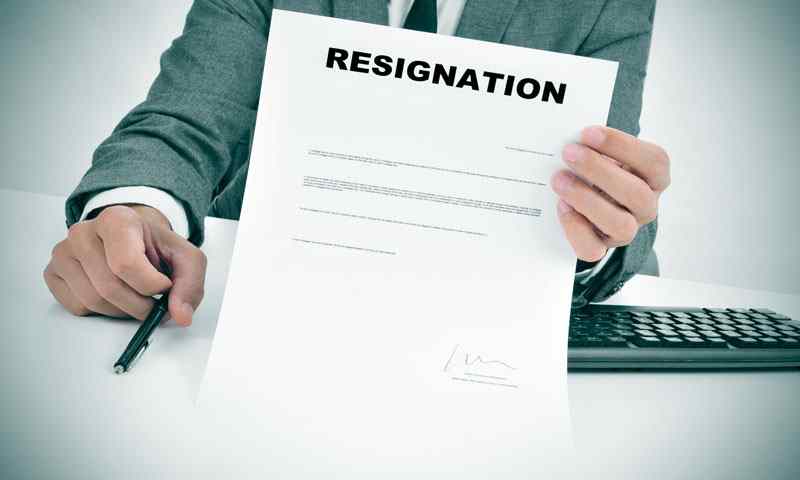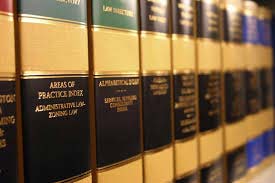
President Trump’s Executive Orders on DEI: A Deep Dive into Their Impact and Future Implications
Introduction
In a significant policy shift, President Donald Trump has issued executive orders aimed at dismantling diversity, equity, and inclusion (DEI) initiatives within federal agencies and among government contractors. These orders have sparked immediate responses from major legal organizations, including the State Bar of California and the Massachusetts Bar Association, both of which have expressed concerns regarding the implications for their ongoing DEI efforts.
This article provides an in-depth analysis of the executive orders, their legal and social ramifications, historical context, and what the future holds for DEI initiatives across sectors.
Understanding the Executive Orders
Key Provisions of the Orders
The executive orders, titled “Ending Illegal Discrimination and Restoring Merit-Based Opportunity” and “Ending Radical and Wasteful Government DEI Programs and Preferencing,” aim to eliminate DEI programs across federal entities and government contractors.
Key points include:
- Mandating a review of existing DEI policies in federal agencies and contractors.
- Ceasing initiatives that promote “race- and sex-based preferences.”
- Revoking previous directives that supported DEI efforts, including elements of Executive Order 11246, which had required federal contractors to engage in affirmative action and non-discriminatory employment practices.
- Directing federal agencies to identify private-sector DEI policies that could be deemed “illegal.”
Historical Context: The Evolution of DEI Policies
Diversity, equity, and inclusion initiatives have been integral to federal and corporate policies for decades.
- 1965: President Lyndon B. Johnson signed Executive Order 11246, mandating affirmative action for federal contractors.
- 1980s-1990s: Various legal challenges, such as Adarand Constructors v. Peña (1995), questioned affirmative action policies.
- 2000s-Present: The expansion of corporate DEI initiatives and the implementation of implicit bias training in workplaces.
President Trump’s latest executive orders mark a significant departure from this historical trajectory and aim to reshape the federal government’s approach to diversity and inclusion.
Legal and Social Reactions
Response from Legal and Advocacy Groups
The legal community has reacted strongly to these executive orders:
- State Bar of California: Affirmed that its DEI programs promote equal opportunity and do not involve illegal discrimination or preferences.
- Massachusetts Bar Association: Emphasized its commitment to fostering diversity in the legal profession while ensuring compliance with existing laws.
- American Civil Liberties Union (ACLU): Called the orders a rollback of progress on diversity and accessibility.
- Chamber of Commerce & Fortune 500 Companies: Several major corporations have issued statements opposing the executive orders, stating that they remain committed to their DEI programs.
Potential Legal Challenges
- Companies scaling back DEI efforts to align with these orders may expose themselves to lawsuits alleging discriminatory practices.
- Non-profits and educational institutions that rely on federal funding could face legal battles over their diversity programs.
- There may be constitutional challenges regarding the definition of discrimination and merit-based opportunities.
Case Studies: The Impact of Similar Policies
Examining previous policy shifts can provide insight into what might happen next:
- California’s Proposition 209 (1996): Banned affirmative action in public employment and education, resulting in decreased minority representation in universities.
- Texas’s Top 10% Rule: Created to counteract affirmative action bans by ensuring top students from every high school had university access, leading to mixed outcomes.
- Corporate Backlash to Florida’s Anti-Woke Law (2023): Businesses adjusted hiring policies but faced lawsuits over compliance with state and federal regulations.
Comparative Analysis: DEI Policies in Other Countries
DEI initiatives vary widely across the globe:
- United Kingdom: The Equality Act (2010) enforces anti-discrimination laws but does not mandate affirmative action.
- Canada: Enforces employment equity laws requiring certain organizations to improve representation.
- Germany: Has strict anti-discrimination laws but no explicit DEI mandates in private businesses.
- Japan: Encourages DEI through incentives rather than mandates.
Future Trends and Predictions
Short-Term Implications
- Increased legal scrutiny on private companies’ DEI programs.
- Government agencies might struggle with compliance while maintaining inclusivity.
- Businesses may adopt alternative diversity strategies that comply with new regulations.
Long-Term Possibilities
- Reinstatement or Reversal: A future administration could overturn these orders, leading to another policy shift.
- Corporate-Led DEI: Private sector companies might take the lead in DEI efforts, independent of federal mandates.
- AI and DEI: Companies may turn to AI-driven hiring solutions to create fairer recruitment processes without violating new regulations.
Frequently Asked Questions (FAQ)
1. Are companies required to eliminate their DEI initiatives?
No, but federal contractors must review their programs to ensure compliance with the new executive orders.
2. How will this affect private businesses?
Private companies not contracting with the federal government may not be directly impacted but could face increased legal scrutiny.
3. What legal challenges could arise?
There may be lawsuits challenging the orders’ constitutionality, as well as cases brought by employees affected by changes in workplace DEI policies.
4. Will states implement similar policies?
Some states may follow suit, especially those with conservative leadership, while others may strengthen their own DEI protections.
5. What can organizations do to maintain diversity without violating these orders?
Companies can focus on mentorship programs, unbiased recruitment strategies, and fostering inclusive workplace cultures that do not rely on affirmative action-style measures.
Conclusion: What’s Next?
President Trump’s executive orders mark a pivotal shift in federal policy regarding diversity, equity, and inclusion. As businesses, educational institutions, and legal organizations adapt to these changes, the long-term effects remain uncertain. Whether through legal challenges, corporate leadership, or future policy reversals, the landscape of DEI initiatives will continue to evolve.
To stay ahead of these developments, companies and institutions should closely monitor legal updates, seek expert counsel, and consider alternative DEI strategies that comply with the new regulations while still fostering an inclusive environment.







 (1 votes, average: 4.00 out of 5)
(1 votes, average: 4.00 out of 5)








































